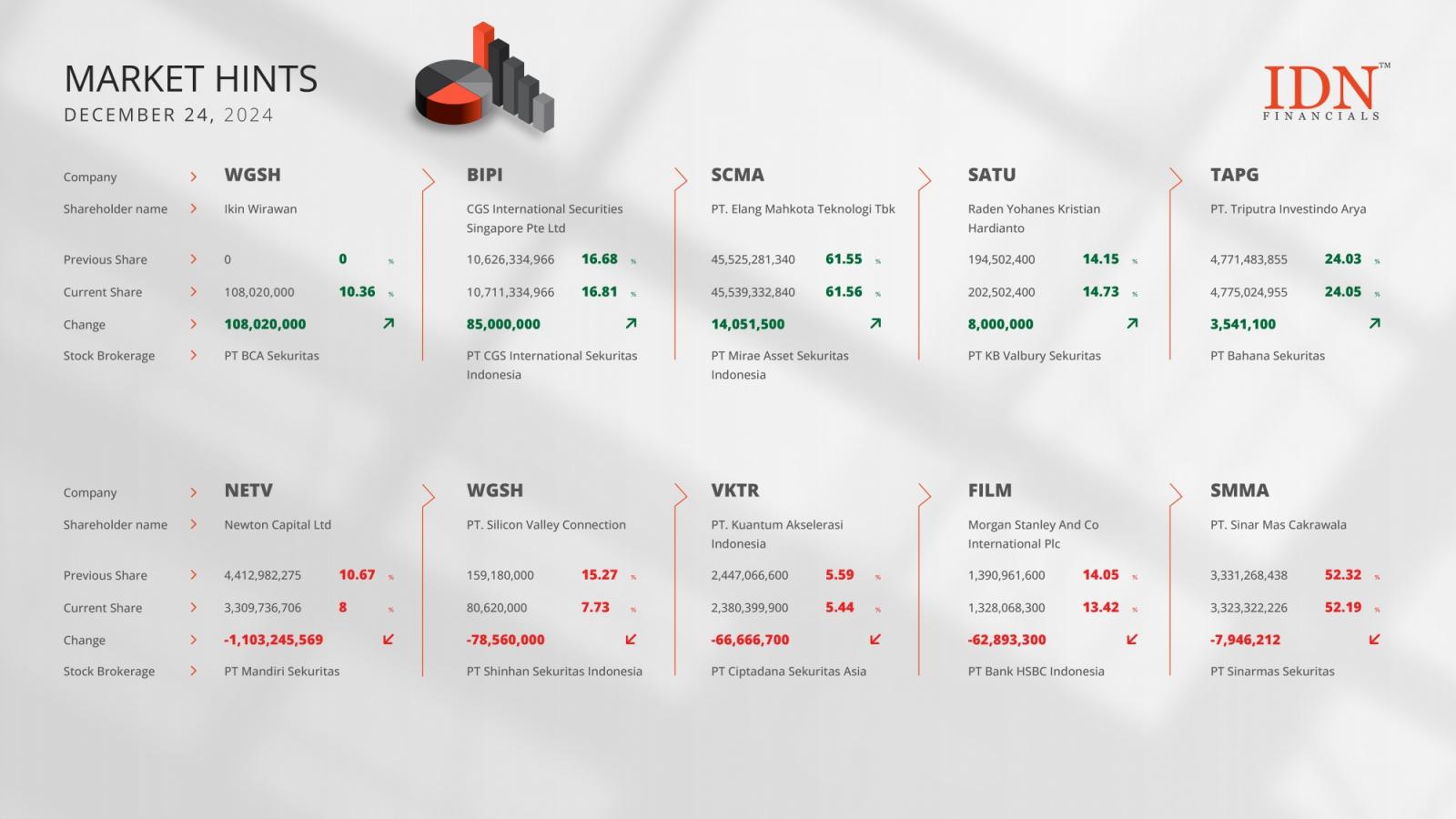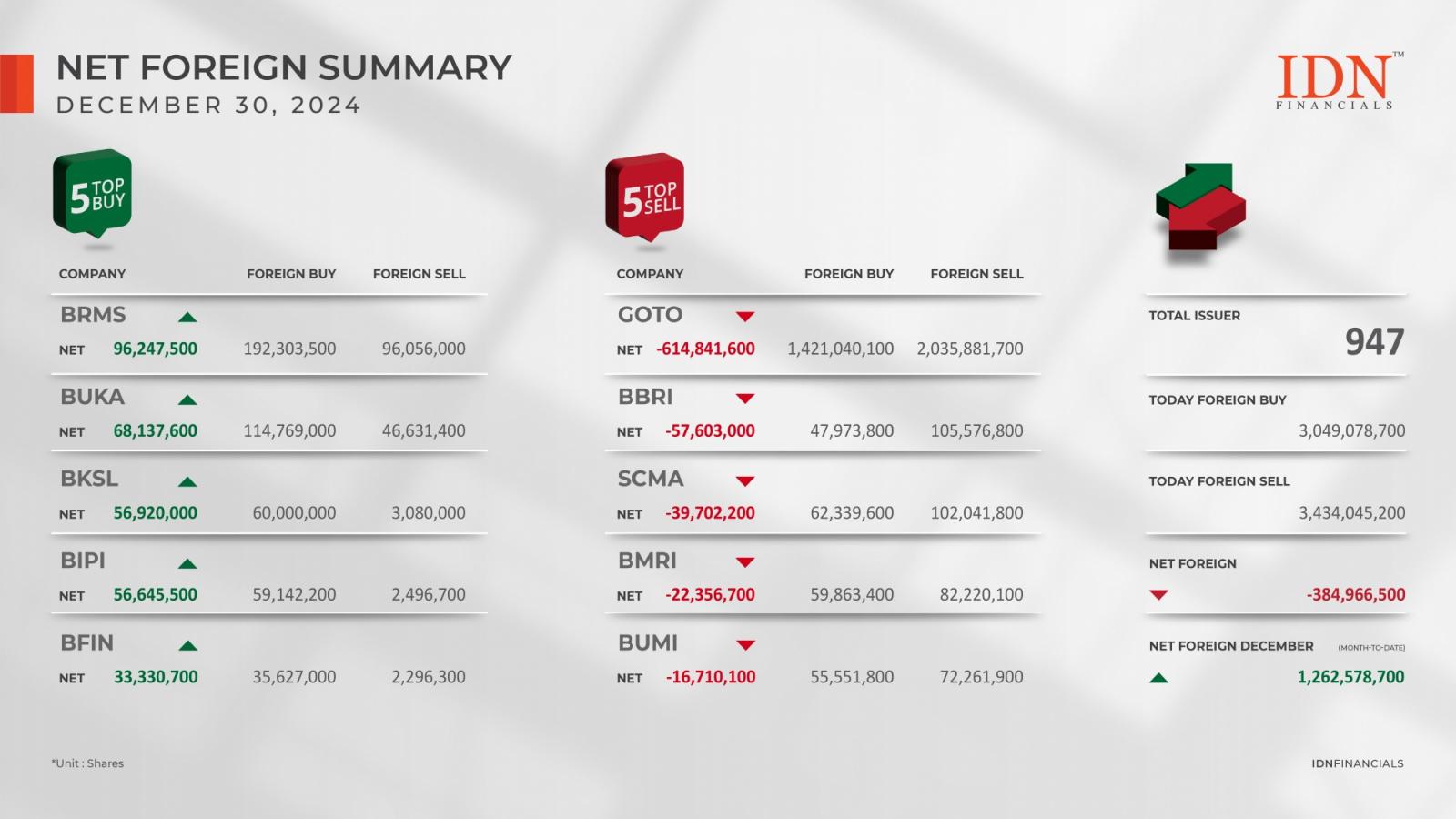
Asian stocks ended mostly higher on Monday as Chinese industrial output and retail sales figures beat estimates and investors looked ahead to a slew of central bank decisions.
The dollar held steady while the yen wavered ahead of the BOJ, RBA, Fed, SNB, and BOE meetings due this week. Gold dipped while oil ticked higher, building on last week\'s gains amid signs of tightening supplies.
Chinese markets ended higher as mixed economic data helped to keep hopes for stimulus alive.
The benchmark Shanghai Composite index jumped 0.99 percent to 3,084.93 while Hong Kong\'s Hang Seng index edged up marginally to close at 16,737.12.
The latest readings on Chinese industrial output, retail sales and fixed asset investment for the first two months of 2024 beat forecasts.
On the contrary, property investment declined, unemployment unexpectedly rose and new bank loans data for February disappointed - adding to expectations that policymakers will announce more stimulus to stabilize growth in the world\'s second-largest economy.
Japanese markets led regional gains, tracking a weaker yen as investors braced for a BOJ policy shift when the central bank makes its policy announcement on Tuesday.
The central bank is widely expected to end its negative interest rates and yield curve control policies after this year\'s spring wage negotiations involving major Japanese firms delivered robust pay increases.
The Nikkei average soared 2.67 percent to 39,740.44, shrugging off new data that showed Japan\'s core machinery orders fell more than expected in January.
The broader Topix index settled 1.92 percent higher at 2,721.99. Gainers were led by real estate, machinery and insurance issues.
Honda Motor rose 2.7 percent and Nissan Motor added 4.1 percent after they signed a strategic pact to collaborate on developing electric vehicles.
Seoul stocks rose notably ahead of the FOM meeting due on Tuesday and Wednesday. The Kospi average rose 0.71 percent to 2,685.84 led by tech shares and battery makers. SK Hynix, LG Energy Solution and Samsung SDI surged 2-4 percent.
Australian markets fluctuated before finishing marginally higher ahead of the Reserve Bank of Australia\'s interest-rate decision due on Tuesday.
No change in interest rates is expected but the central bank is expected to maintain its hawkish stance, citing sticky inflation.
Miners declined as iron ore fell below $100 a ton in Singapore to its lowest level since last May.
Across the Tasman, New Zealand\'s benchmark S&P NZX-50 index dipped 0.33 percent to 11,728.01.
U.S. stocks ended lower on Friday while bond yields ticked higher as investors looked ahead to cues from upcoming FOMC meeting.
On the data front, manufacturing output rebounded in February while consumer sentiment and inflation expectations held steady in March, separate reports revealed.
The New York Empire State Manufacturing Index sank to -20.9 in March 2024 from -2.4 in February.
The tech=heavy Nasdaq Composite shed 1 percent and the S&P 500 gave up 0.7 percent to extend losses for the third day running while the Dow dropped half a percent.





